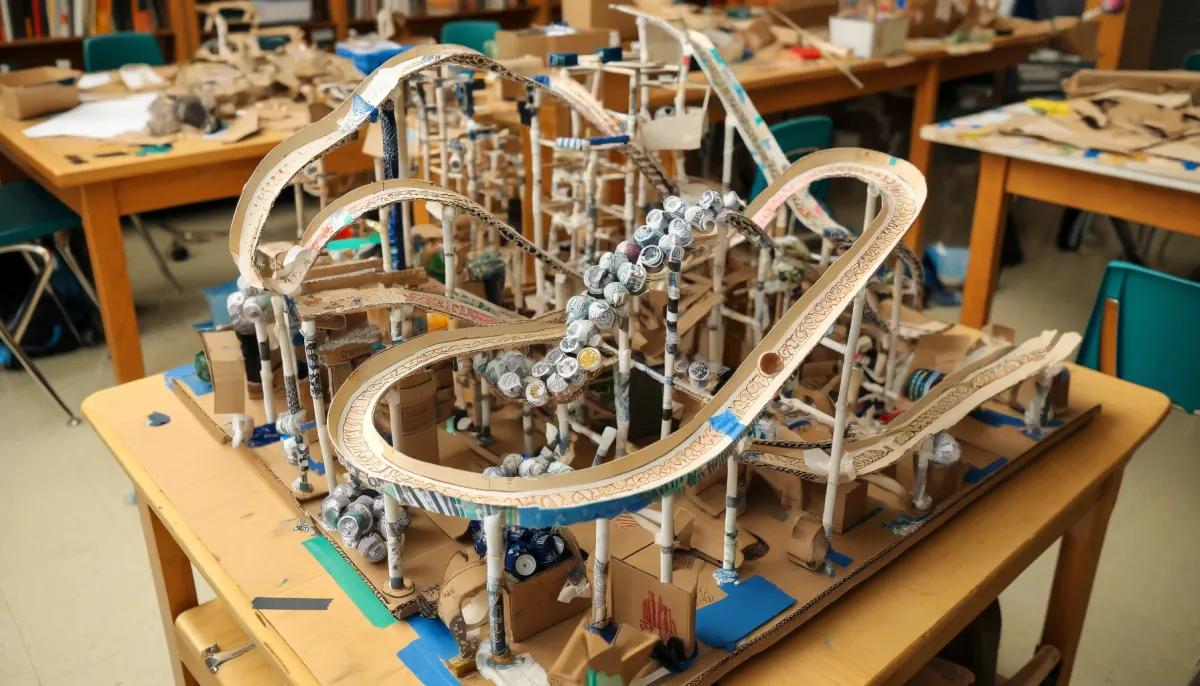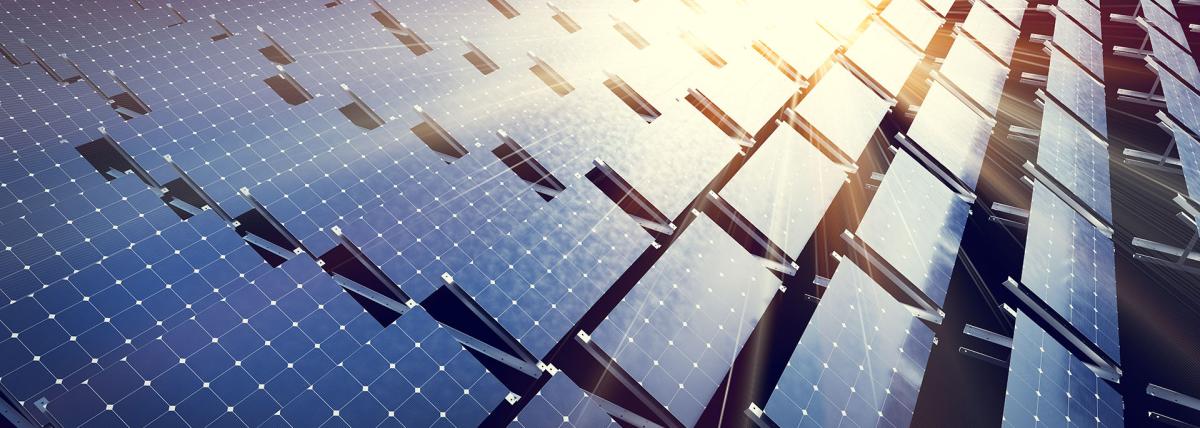
Exploring Hydroponics
by Nidhi Mehta
Using the Introduction to Hydroponics lab, introduce students to the features of the Hydroponic Systems. Students will explore the different types of grow mediums and grow lights used in the systems. And students will constantly monitor and adjust pH levels of the nutrient solution.
Lesson Plan Link/URL
https://docs.google.com/presentation/d/1kvkolXNW3-462XV67Gi58ojto4GWobAdrApzw6q…Subject Area
Science Physical Science P1: Matter P4: Energy Transfer Life Science L1: Cells L2: Organisms & Energy Technology 1. Empowered Learner 2. Digital Citizen 3. Knowledge Constructor 4. Innovative Designer 5. Computational Thinker 6. Creative Communicator Engineering S2: Apply the Engineering Design Process S3: Apply Mathematics to Engineering S4: Apply Science to Engineering S5: Apply Technology to Engineering S6: Apply Communications to Engineering S7: Apply Project Management to Engineering Mathematics Counting and Cardinality (CC) Operations and Algebraic Thinking (OA) Number and Operations—Fractions (NF) Measurement and Data (MD) Expressions and Equations (EE) Functions (F) Algebra (A) Reading (Informational Text) Writing Speaking & Listening
Featured
Off
Related Content

Grades:
7th Grade, 8th Grade, 9th Grade, 10th Grade, 11th Grade, 12th Grade
Students will apply principles of design, engineering, and mathematics to create a physical or digital labyrinth inspired by the myth of Theseus. This project integrates STEM concepts with literature

Grades:
9th Grade, 10th Grade, 11th Grade, 12th Grade
An investigation into the function and uses of solar panels in agriculture - Agrivoltaics. Exploring how to get the most efficient use of your solar panels for your gardens.

Grades:
9th Grade, 10th Grade
This lesson plan focuses around 4 key topics, with activities for each. The plan covers renewable energy, solar energy, why solar energy is important, and what the children can do to conserve energy